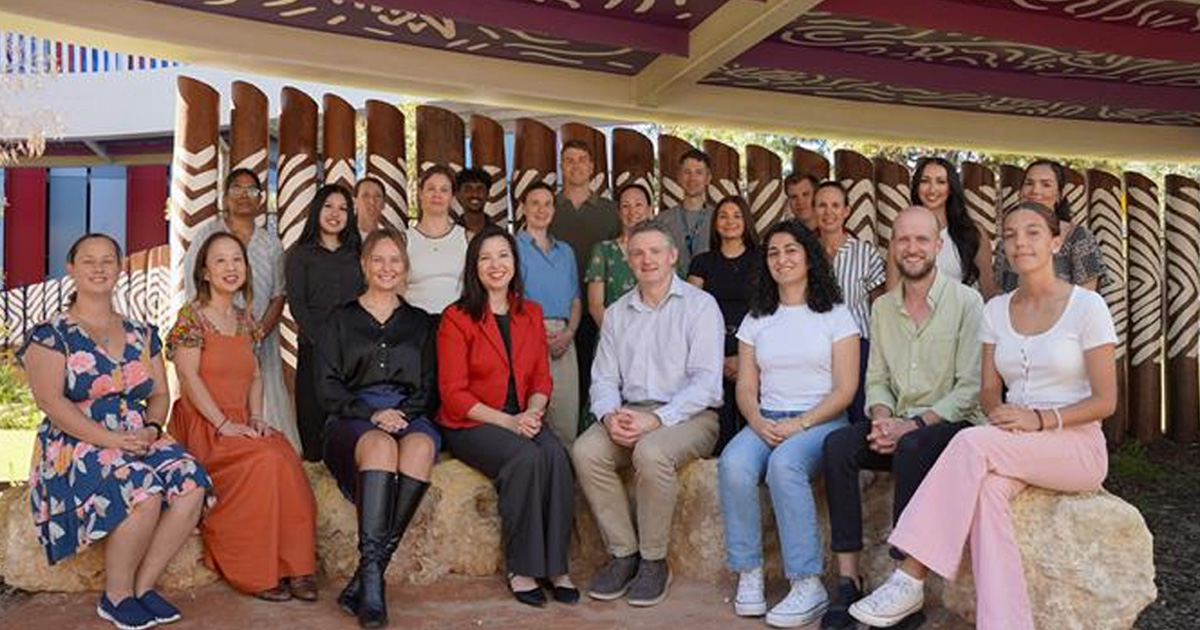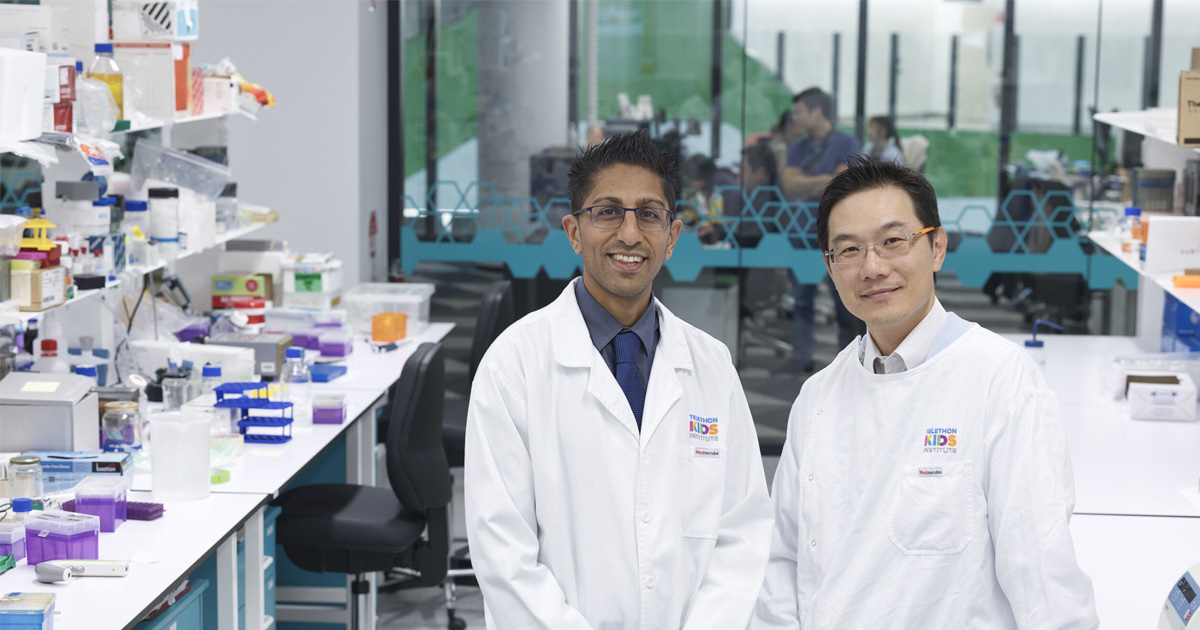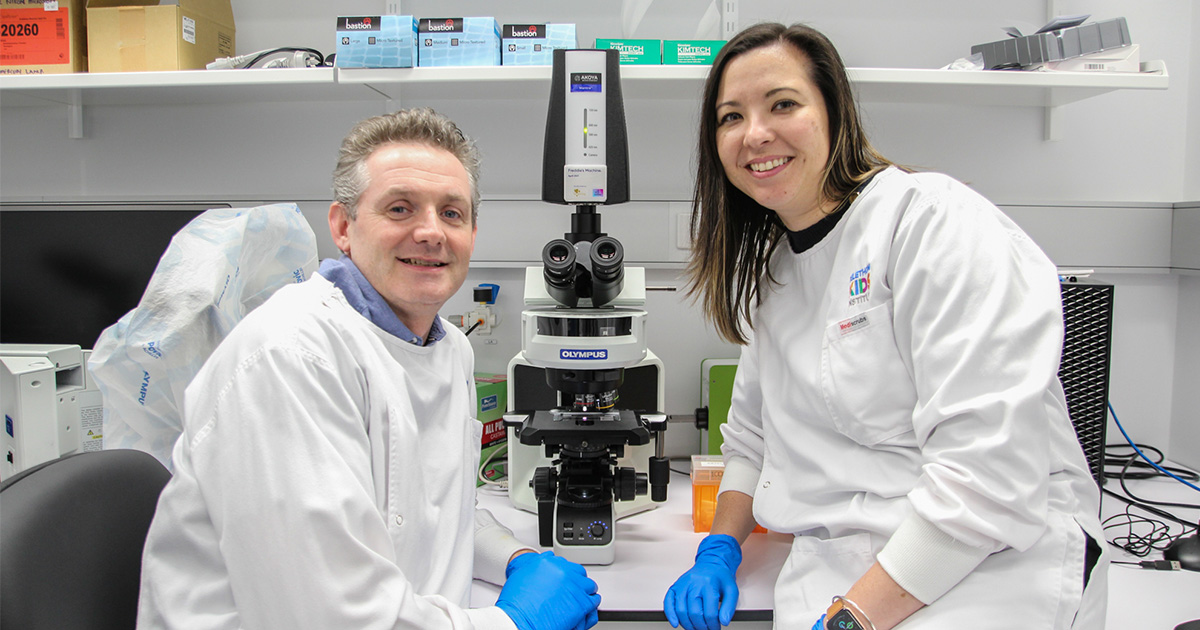Search

The Kids Research Institute Australia's Brain Tumour Research team will develop and implement cutting-edge technologies to revolutionise the speed of brain cancer diagnosis for WA children, thanks to more than $200,000 from Telethon.

A groundbreaking study from cancer researchers at The Kids Research Institute Australia has identified a promising new therapeutic strategy for children battling the most common childhood cancer – B-cell acute lymphoblastic leukaemia.

The WA Kids Cancer Centre has secured $1.1 million in funding from the Medical Research Future Fund’s (MRFF) Paediatric Brain Cancer Research Stream 2 to develop more effective and less toxic treatments for rare brain cancers in infants.

Associate Professor Rishi Kotecha, Co-Head of Leukaemia Translational Research at The Kids Research Institute Australia Cancer Centre and Consultant Paediatric Oncologist at Perth Children's Hospital, has been named Cancer Council WA’s 2024 Cancer Researcher of the Year.
Functional role of CTGF in altering disease progression in a lymphoid malignancy
Biological changes associated with T-ALL relapse and resistance are stochastic and highly individual
Identified CCI-007 as a novel small molecule that displays rapid toxicity towards a subset of MLL-r, CALM-AF10 and SET-NUP214 leukemia cell lines
In this investigation, the authors found an association between home pesticide exposure before birth and during a child's early years and acute lymphoblastic...
This paper demonstrated that home paint exposure shortly before conception, during pregnancy, and/or after birth appeared to increase the risk of childhood ALL.
This report provides new insight into the functional specialization within the broad network of dendritic cells that are responsible for skin immunosurveillance
